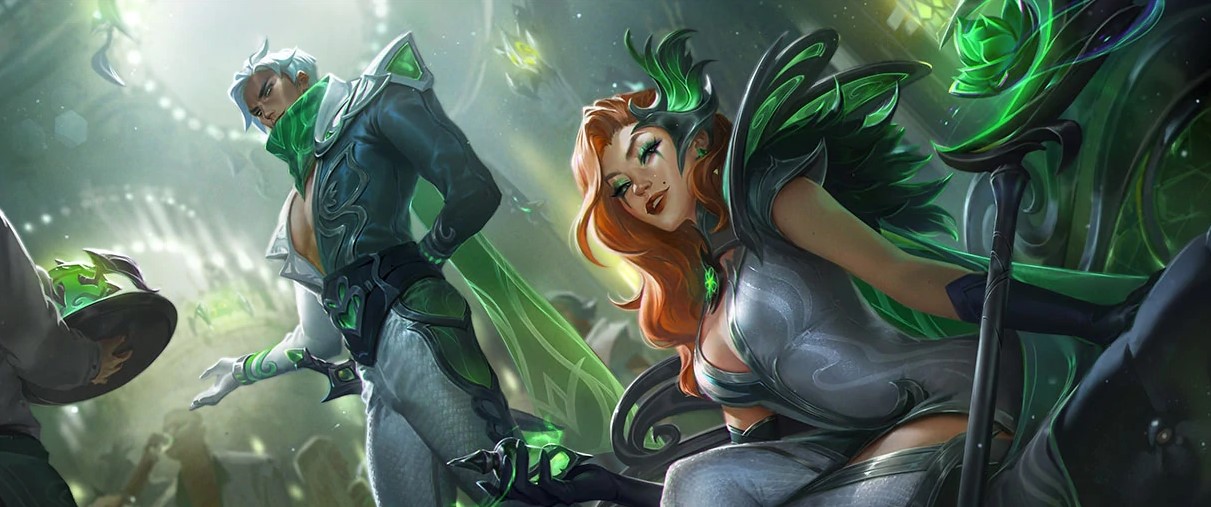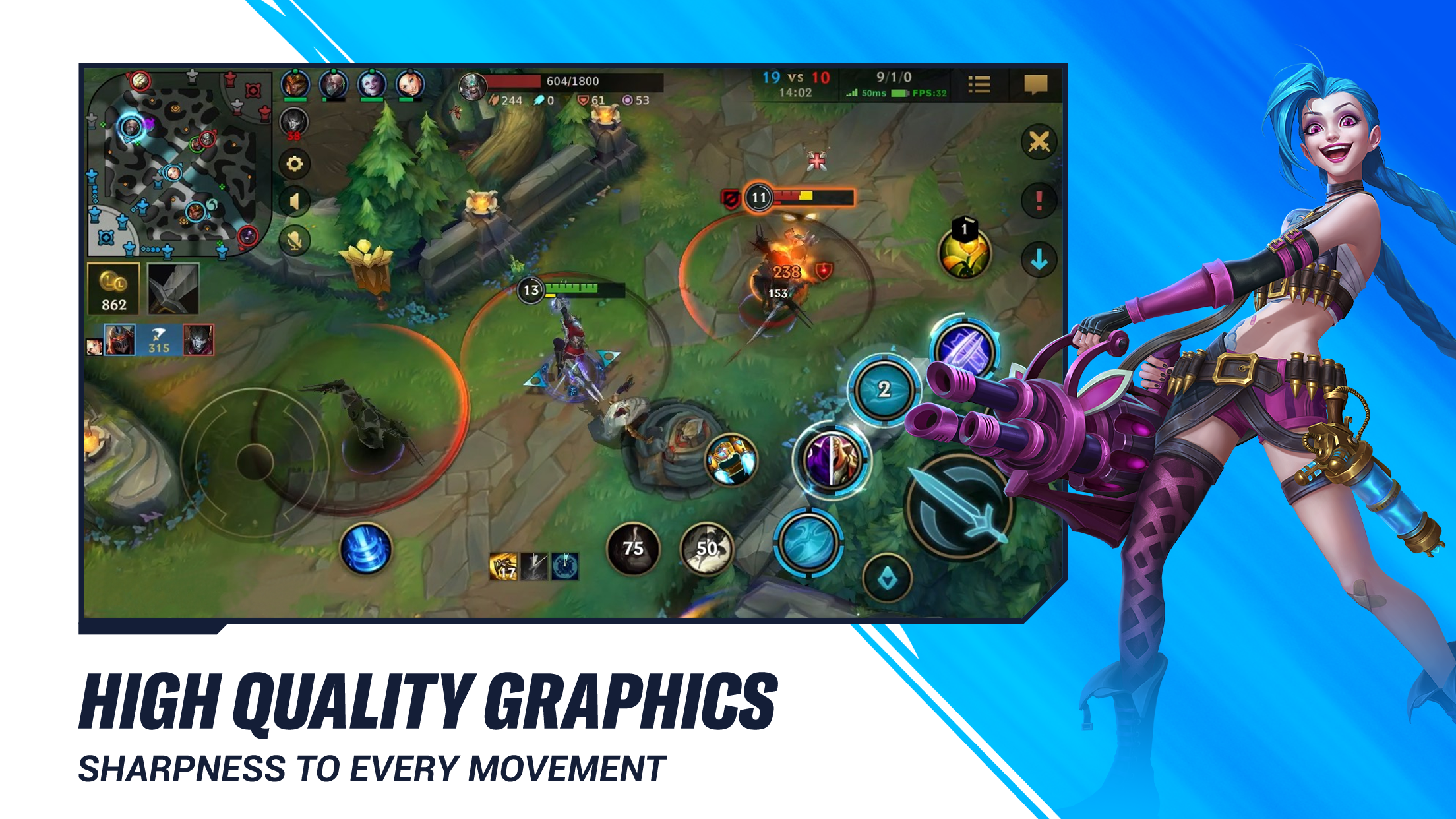

To the matchmaker, a “fair” match can be loosely defined as a match in which each team has a 50% +/-1% chance of winning. These are all curveballs the matchmaker has to resolve, forcing it to weigh one aspect more heavily than the others.
A shortage of one or more positions (sometimes resulting in one or more players being autofilled). Parties of players with very different MMRs. Matches played during low-activity times of day. However, it also has to consider multiple factors such as: Fast queue times - The time spent queuing is as short as possible. Position preference - You get to play a position you want to play. Fair matches - Each team is roughly the same skill. League’s matchmaking system puts together a game that tries to balance three things: The game tries to create matches where players have a 50% chance of winning against players who are about the same skill. The basic concept is that the system over time understands how strong of a player you are, and attempts to place you in games with people with similar MMR as much as possible. You have a separate MMR in each queue, so you can climb in one queue without it affecting others. When looking for games to put you in, it will look for other players whose numbers are close to yours. It goes up when you win, and goes down when you lose. Everyone’s MMR starts at the same point when playing a queue for the first time. 
MMR is a number that Riot uses to determine your skill, and when matchmaking, the skill of your opponents. League's matchmaking is largely determined by Matchmaking Rating or MMR. uses some formulas in an attempt to make the premade teams vs solo players matching fair. It knows pre-made teams are an advantage, so it gives pre-made teams tougher opponents than if each player had queued alone (or other premades of a similar total skill level) Riot Games Inc.

It tries to make matches where it thinks a player has a 50/50 chance of winning. The system estimates how good a player is based on whom the player beats and to whom the player loses.







 0 kommentar(er)
0 kommentar(er)
